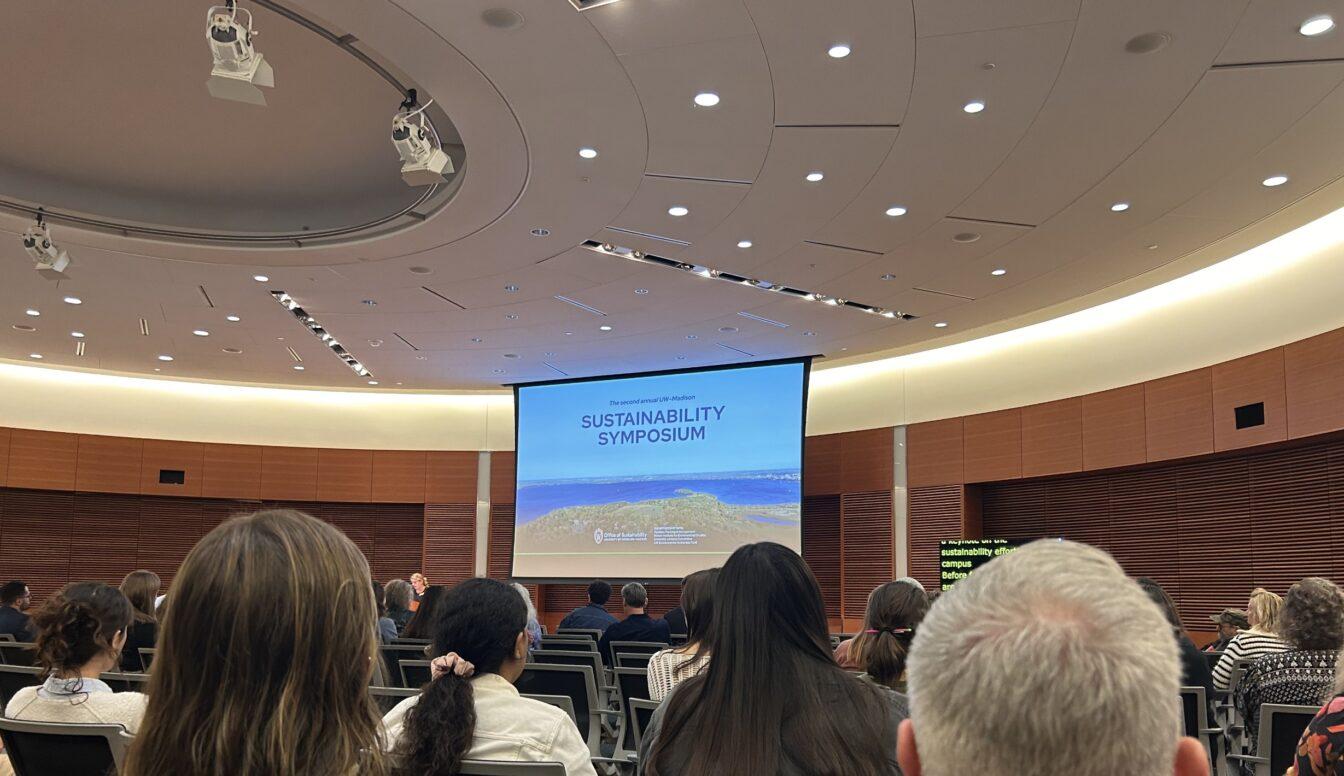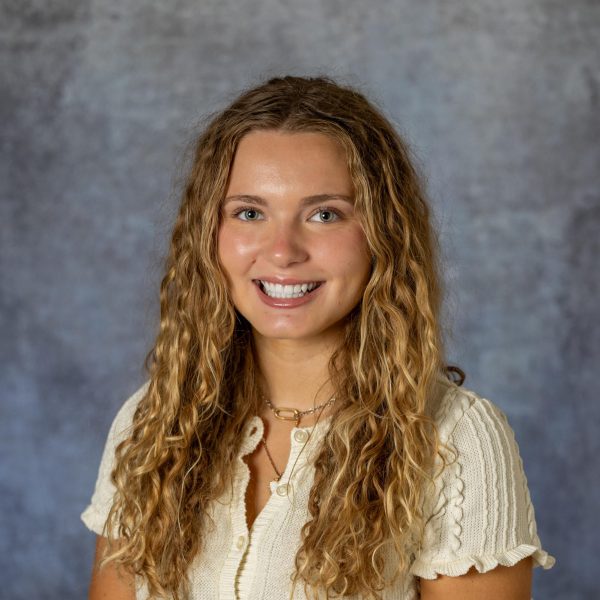The second annual University of Wisconsin sustainability symposium took place Oct. 25. The Office of Sustainability organized the symposium to provide a space to share research about sustainability, as well as generate ideas and encourage collaboration among attendees.
The symposium highlighted keynote speaker and Illinois Institute of Technology professor of environmental management and sustainability Weslynne Ashton. Ashton said her research focuses on creating sustainable plans for urban food systems and working to implement a circular economy.
Ashton addressed sustainability issues with a linear economic system, which is defined as a system where finite items are produced, consumed and discarded without reaching their full potential. This creates excess waste particularly in affluent areas, Ashton said.
Ashton is currently working to transition Chicago to a circular economy. A circular economy, unlike a linear economy, works to keep products in use longer through actions such as sharing, reusing, leasing and refurbishing.
One example of this circular economy in action, according to Ashton, is The Love Fridge — a network set up in Chicago that puts free food fridges around the city of Chicago. People can take what they need from the fridge and leave what they can, according to Ashton. The purpose of the fridge is to limit food waste and encourage people to contribute to their community. It also gives low-income people access to food, which is a very important aspect of a circular economy.
“They are an expression of solidarity, not charity, recognizing that at different times we all have needs and we all have things that we can give,” Ashton said.
Ashton ended her speech by explaining different approaches she and her research team are taking to combat the issues with the linear economy.
“We have to confront the values that are inherent in our linear economy and find creative ways to navigate the tensions that are required for our food system transformation in order to make space for justice, for equity and for circularity in our food systems,” Ashton said.
Following the keynote speaker, the symposium hosted lightning talks where other people working and researching in the field of sustainability were able to hold short presentations. During the symposium, UW Provost and Vice Chancellor for Academic Affairs Charles Lee Isbell, Jr. offered his remarks. The event ended with a reception that offered networking and poster sessions.



